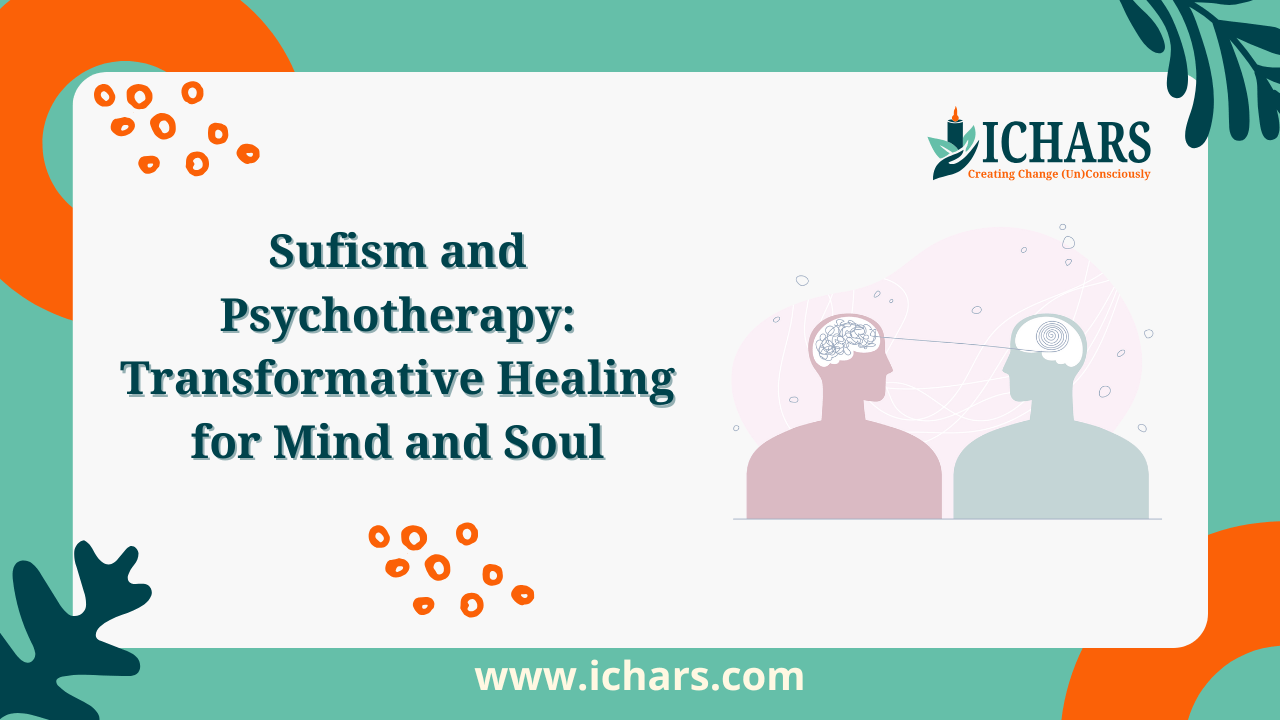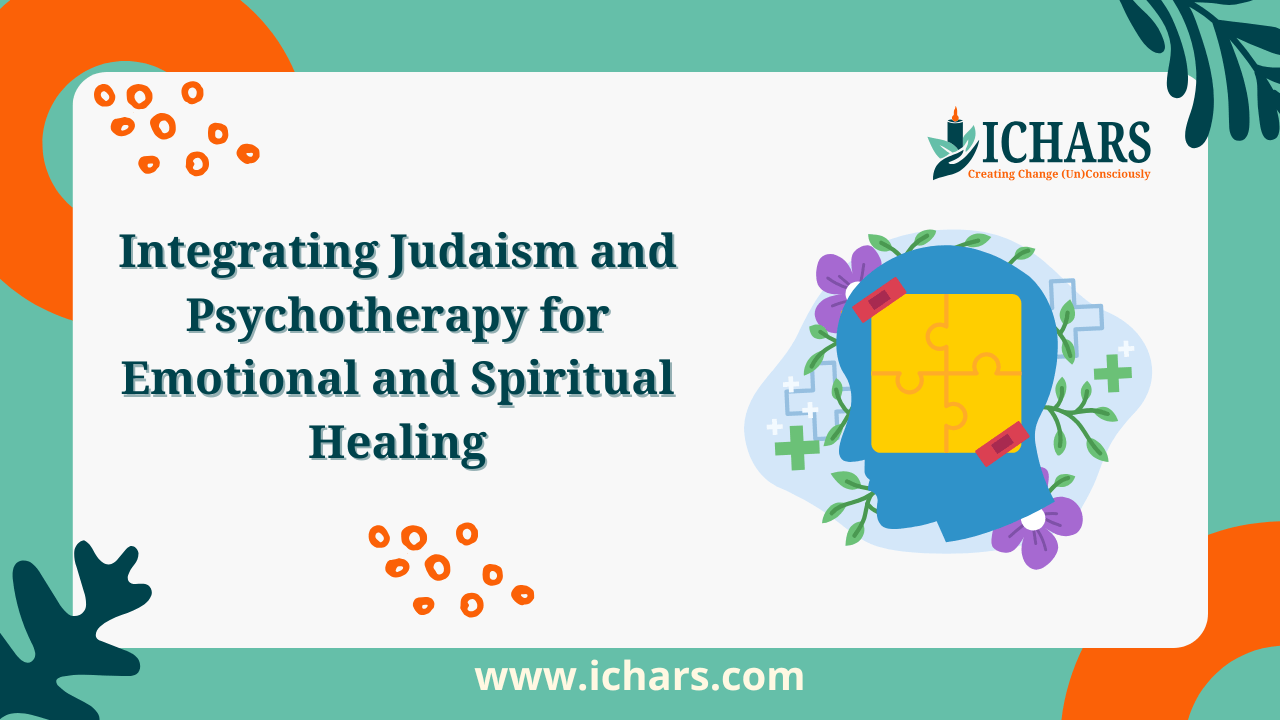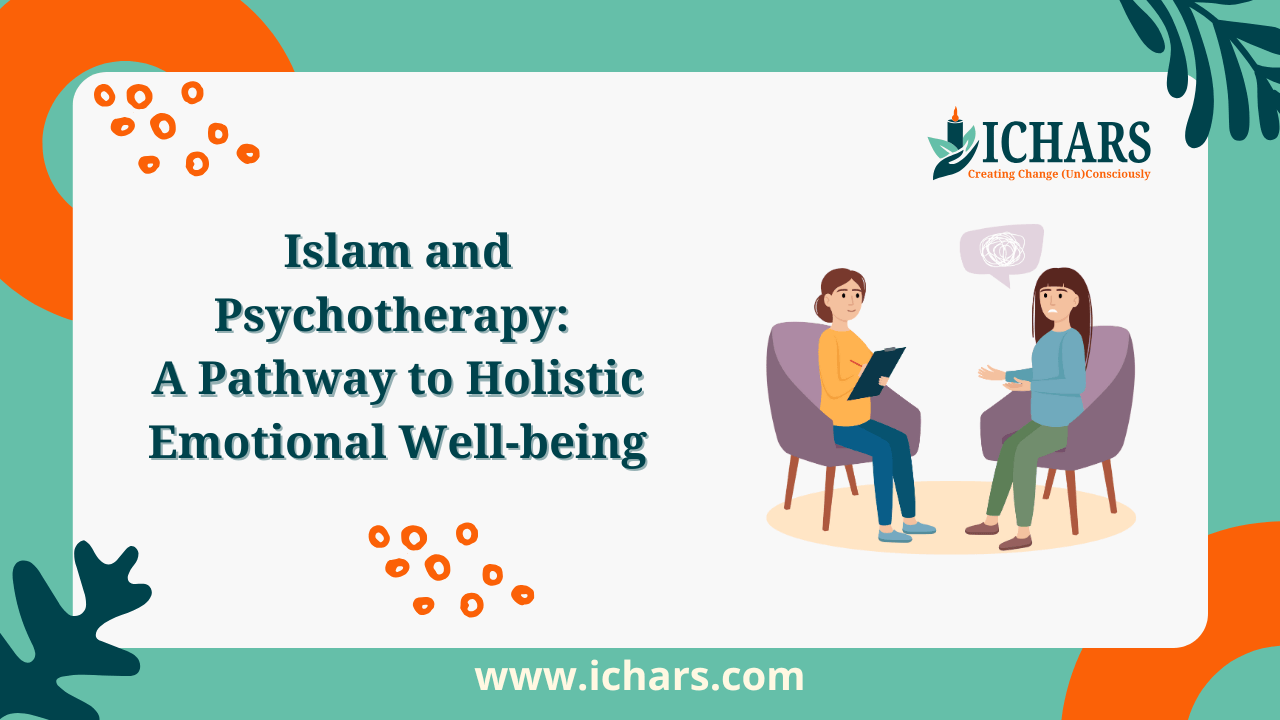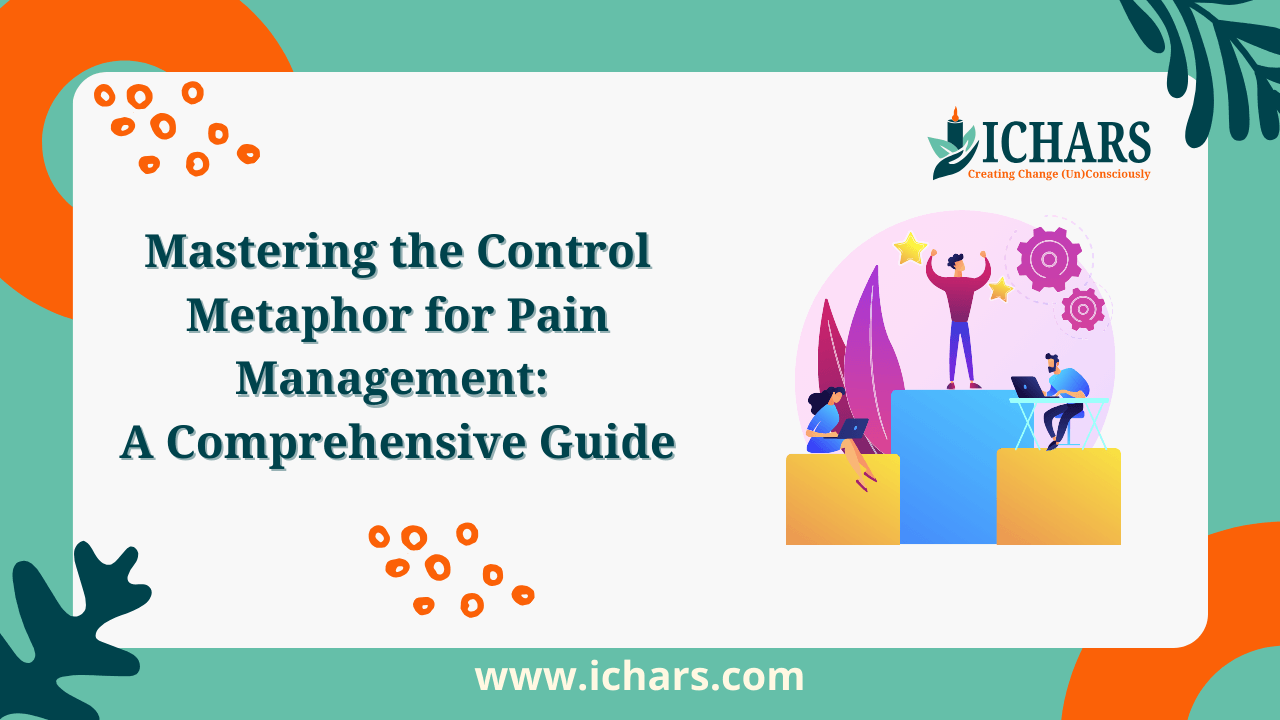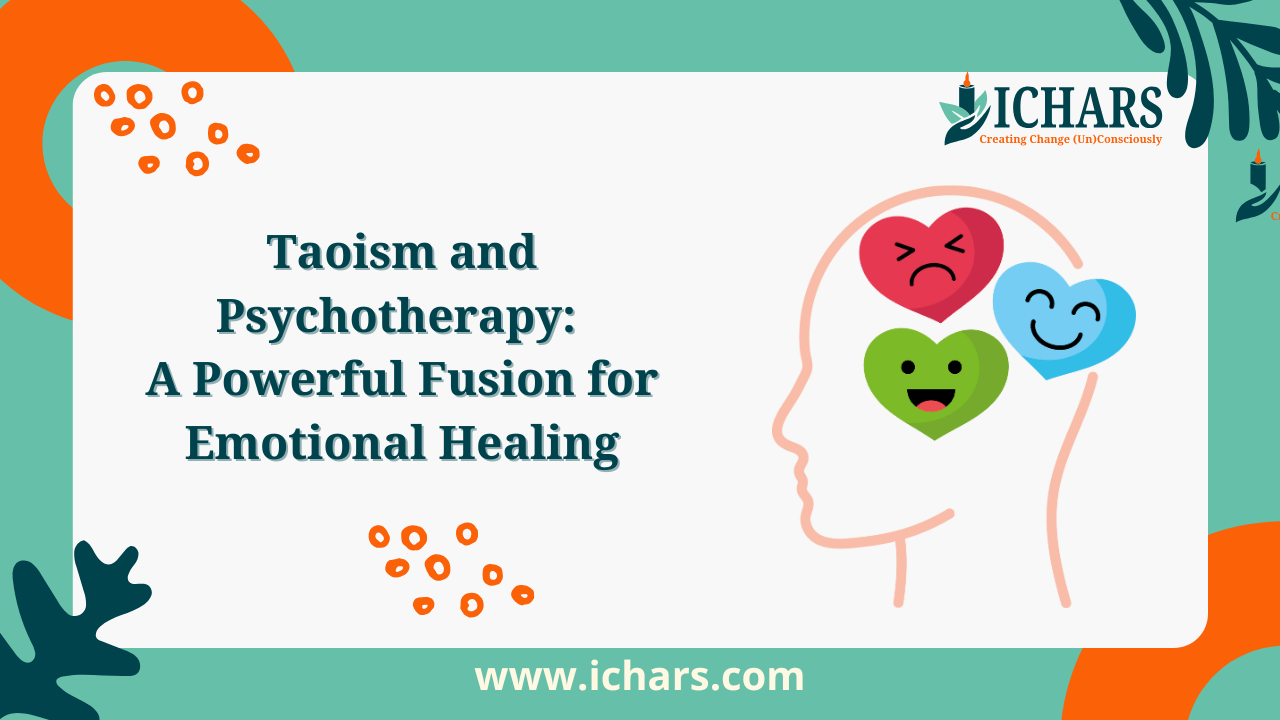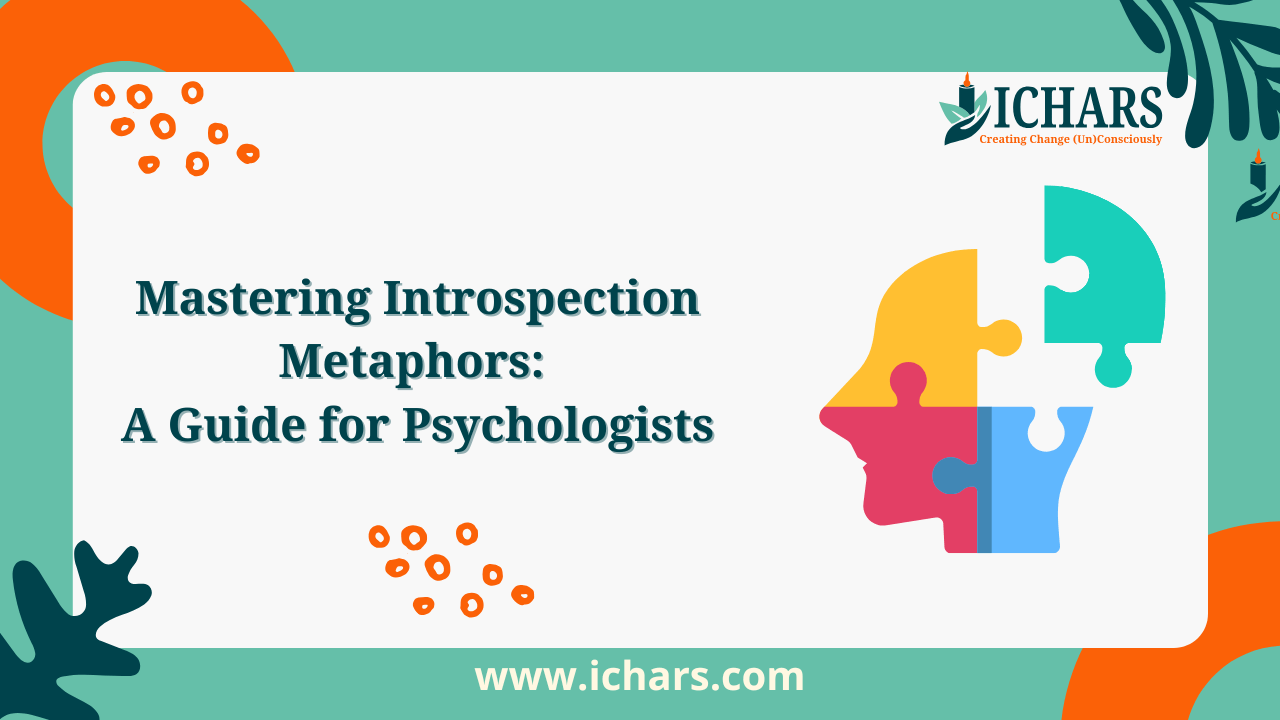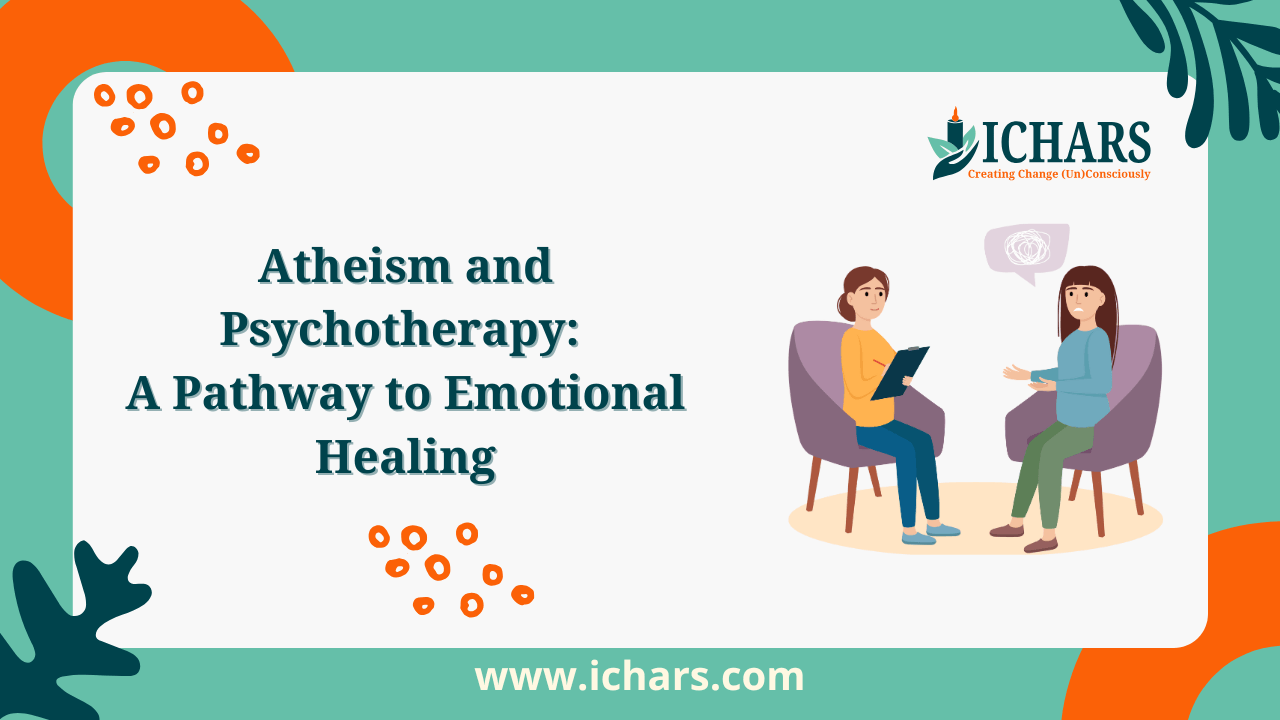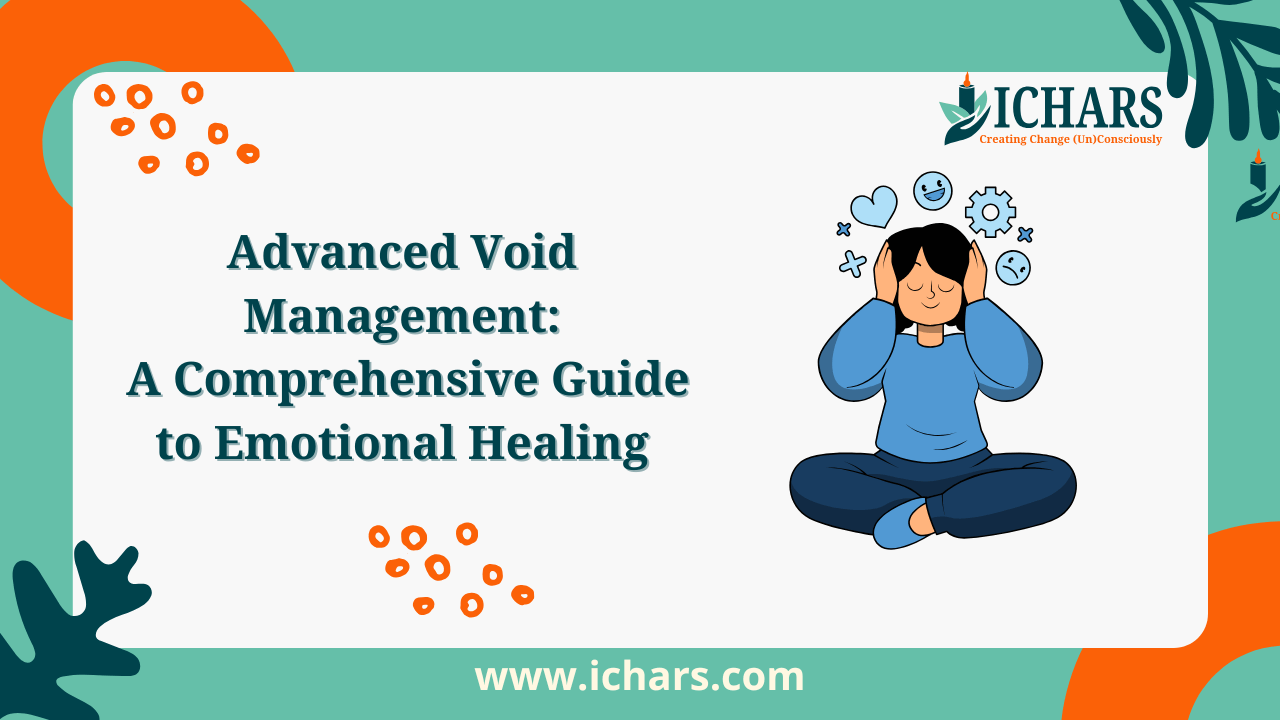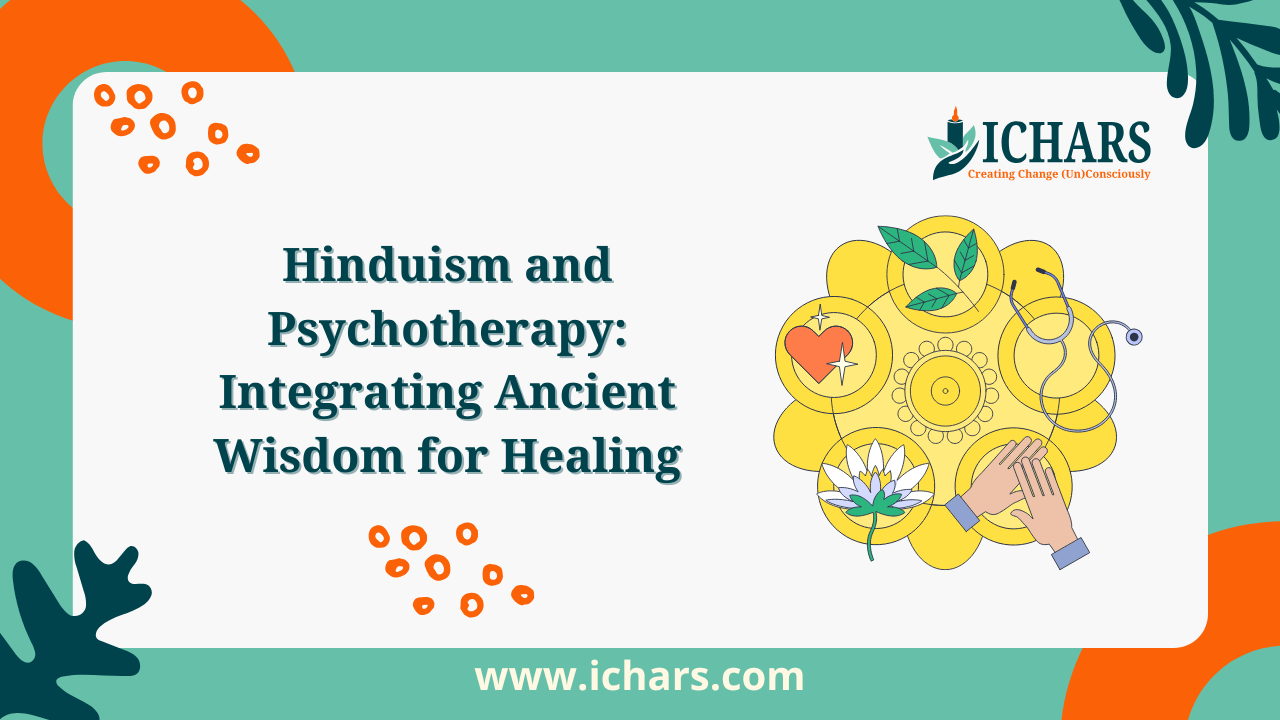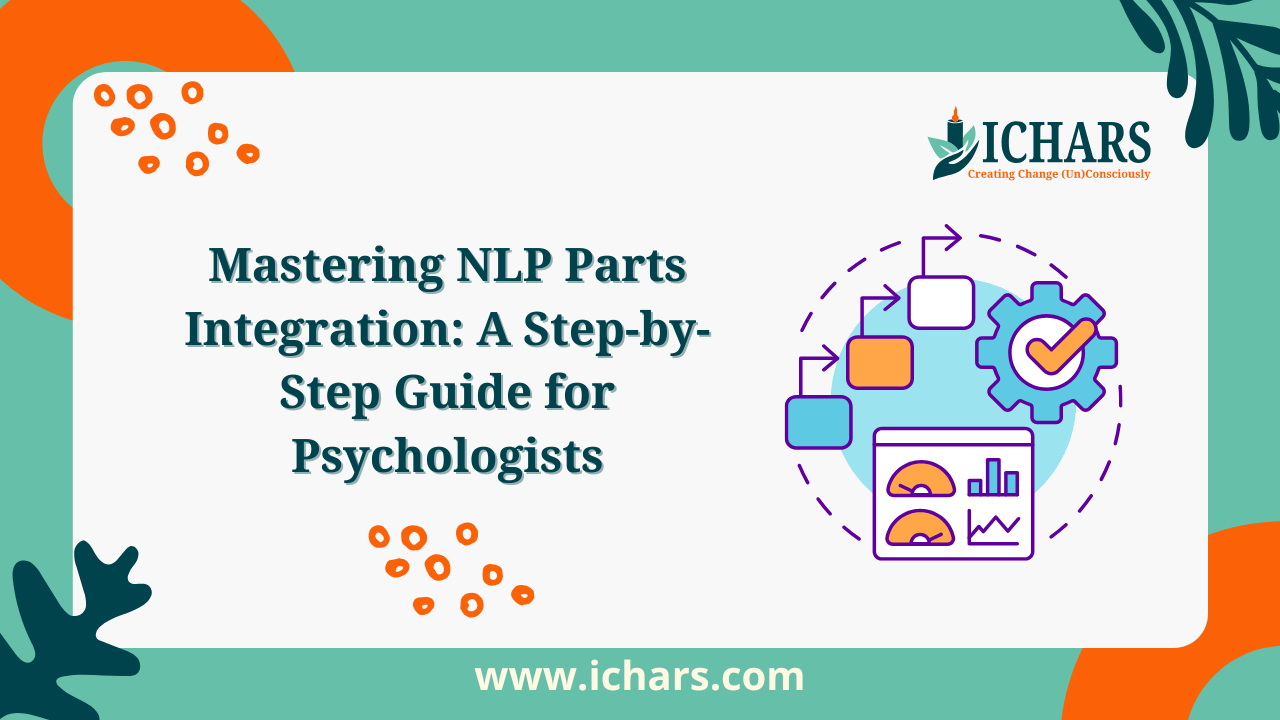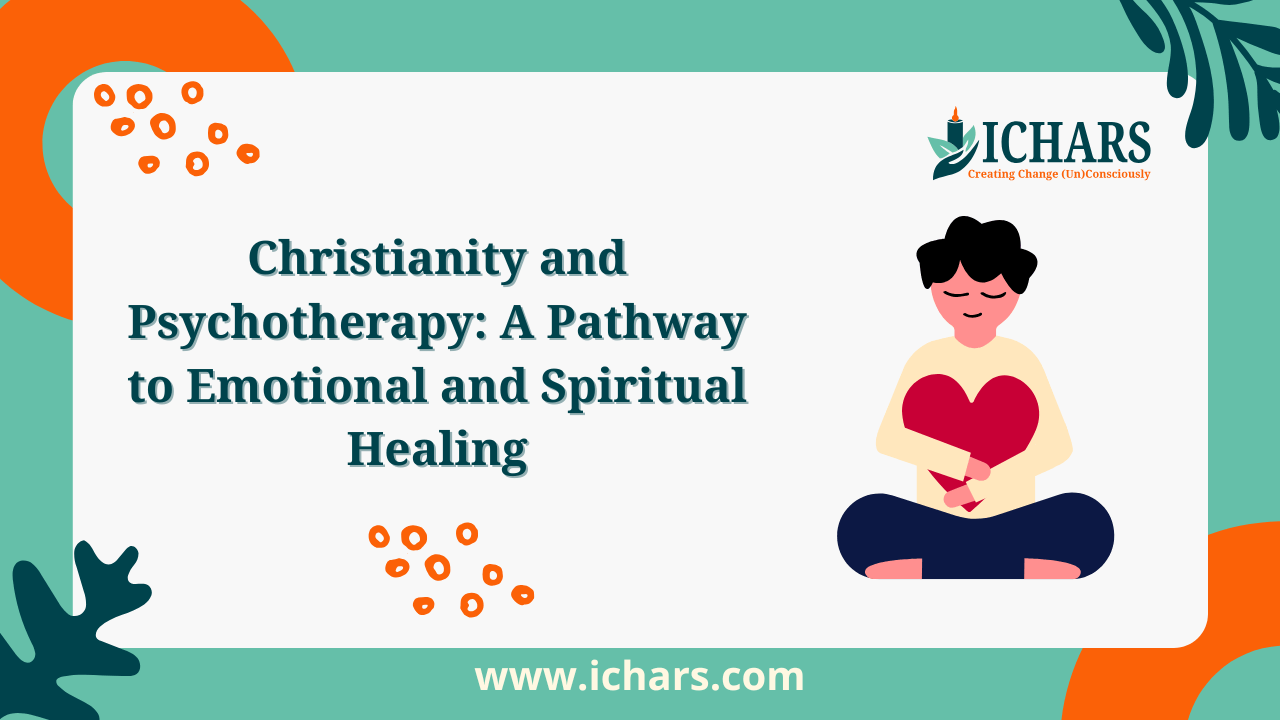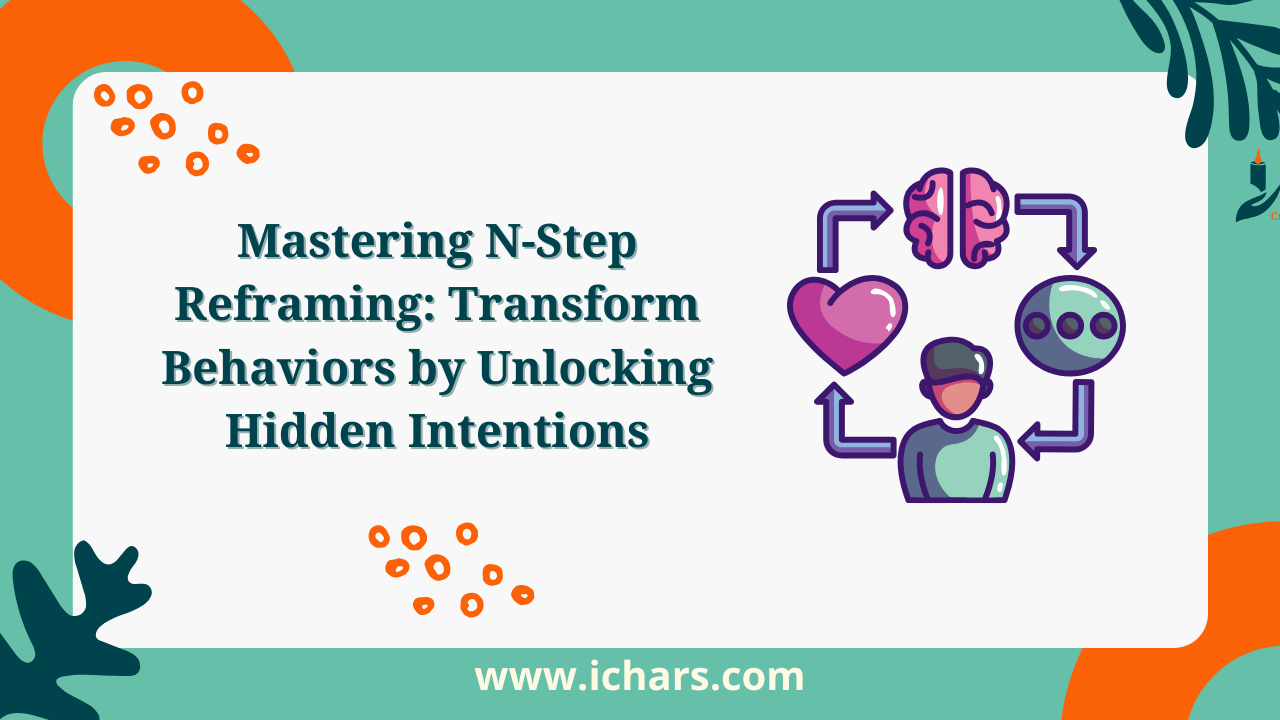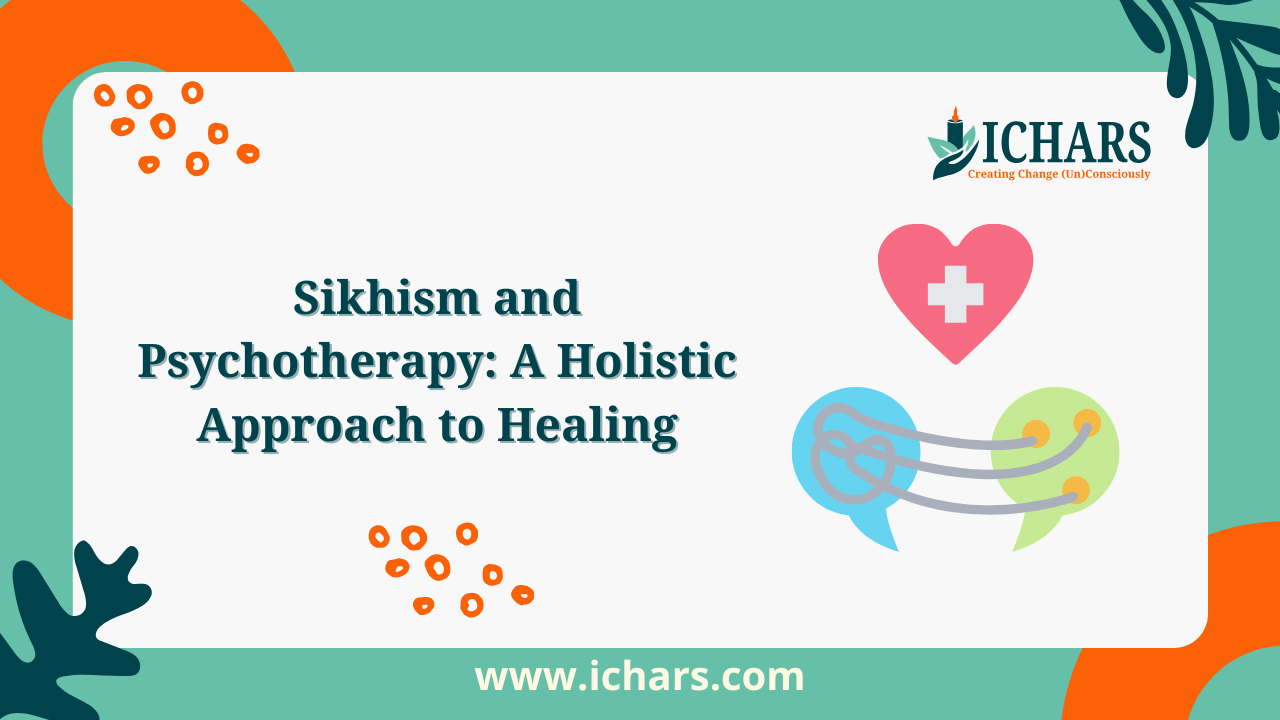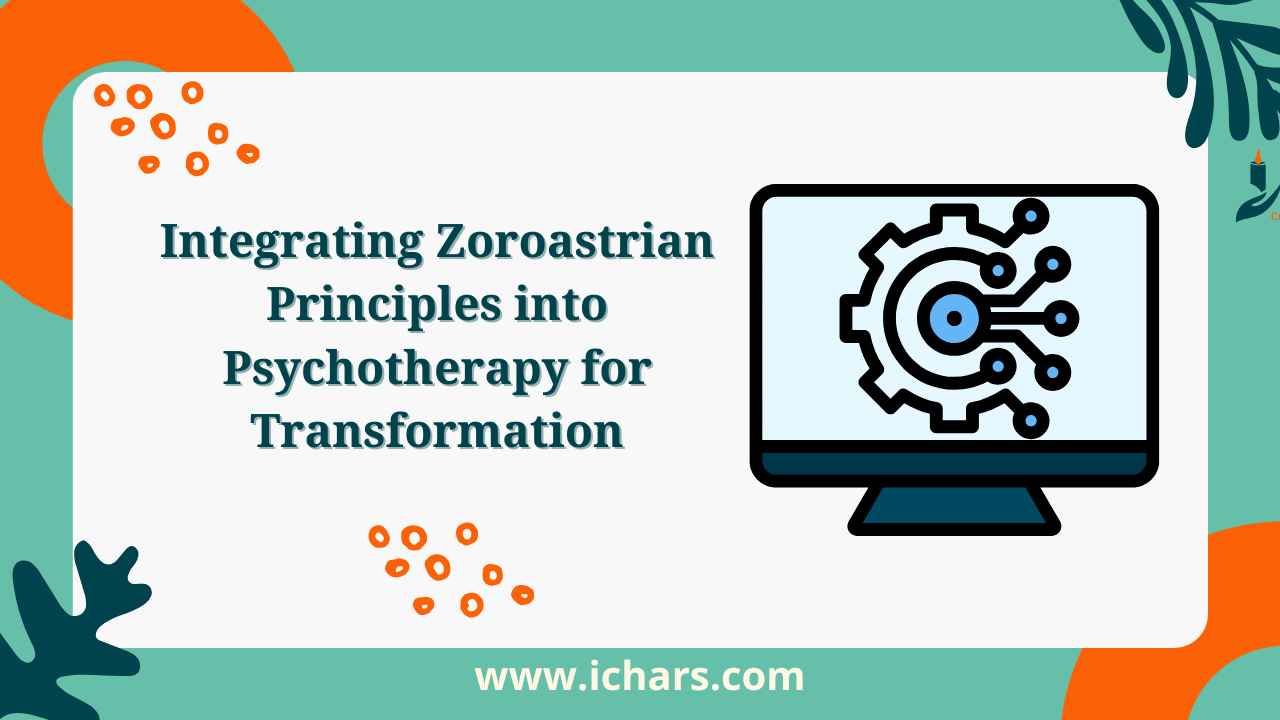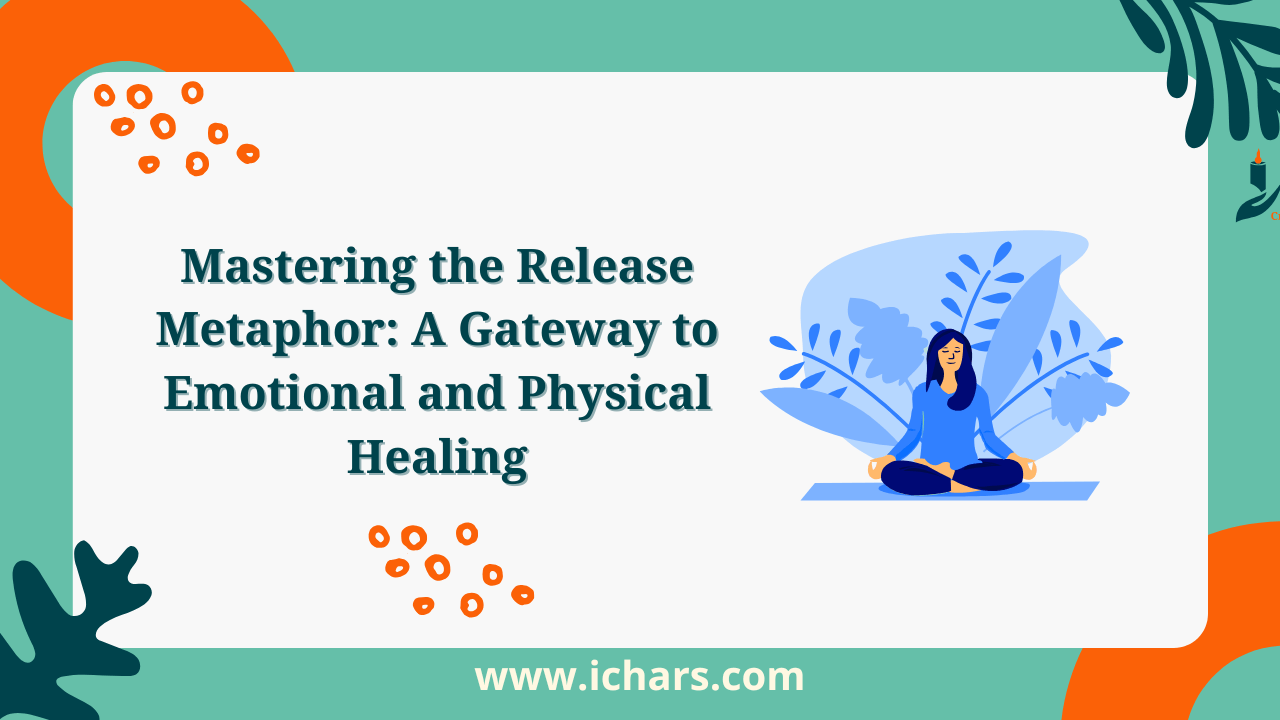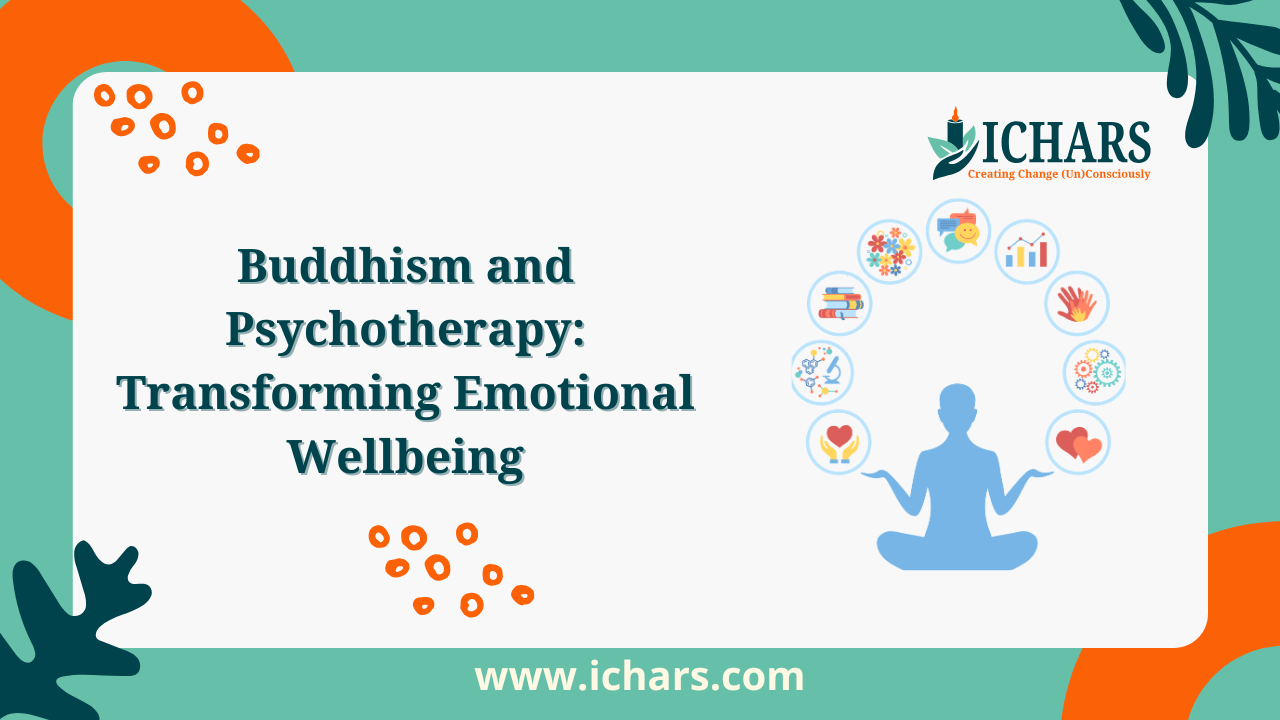Nitin Shah
Nitin Shah is a practiting psychologist who specialises in hypnosis and its profound applications in Coaching and Psychotherapy.
As the CEO of the Institute of Clinical Hypnosis And Related Sciences, Director at ICHARS Support Foundation, Founder of VisitMHP initiative, and Author of the acclaimed book "Destiny of Choice," he possesses an illustrious career spanning over 15 years.
Nitin's exceptional expertise lies in training mental health practitioners, seamlessly integrating hypnosis with various therapeutic approaches, including Cognitive, Behavioural, Humanistic, and Psychodynamic methods, complemented by techniques from Metaphors, Mindfulness, NLP, and Spiritual Healing.
His transformative impact has unlocked personal growth and positive change, earning him immense respect in his field.



